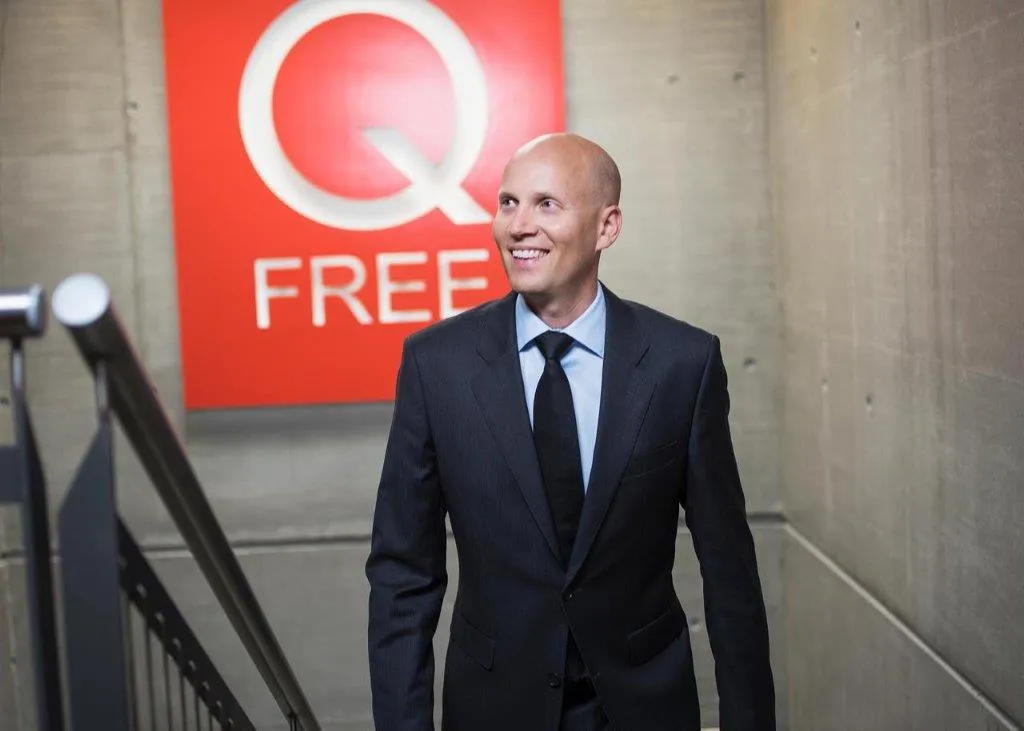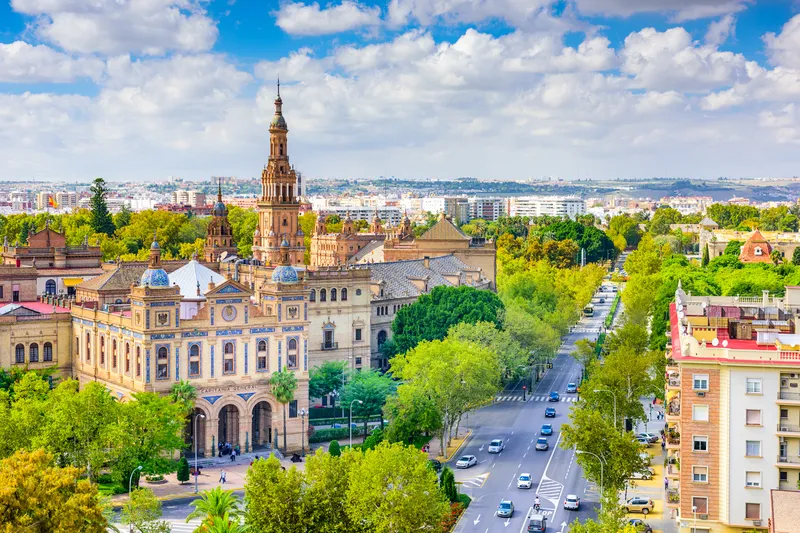
Swedish transport administration Trafikverket has signed a design and build contract with Q-Free to upgrade Stockholm's congestion charge system.
The 130m NOK ($15.1m) deal is to revamp the technology including a new camera platform and updated automated number plate recognition software solutions.
The system of charges in the Swedish capital was originally delivered by Q-Free in 2005.
The company says: "For 15 years it has contributed to reduced congestion, improved air quality and a modernisation of road infrastructure."
The contract includes 10 years of service and maintenance and Q-Free says most of the system deployment revenues will come through during this year and 2022.
"We are extremely proud and pleased to continue as the supplier of Stockholm’s congestion tax system," says Håkon Volldal, Q-Free president & CEO.
"Stockholm has for many years been a showcase for Q-Free’s video tolling technology and will continue to be a very valuable and relevant reference as a growing number of cities around the world follow in Stockholm’s footsteps and implement city tolling or congestion charging schemes."
The city recently began trialling the experimental Open-seneca personal pollution monitor to identify emissions hotspots.










